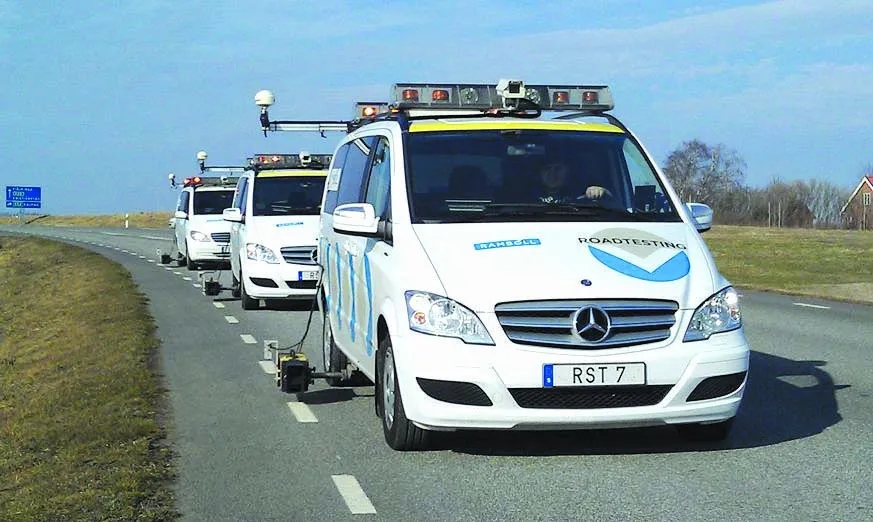Investigations into tunnel safety in Norway have revealed that there are 148 requiring safety upgrades. The 148 tunnels do not meet current EU safety requirements. The EU's road tunnel safety directive was introduced in 2007 and the deadline for the work to be carried out is April 1st, 2019. The necessary upgrade is estimated to cost €873.82 million.
August 17, 2015
Read time: 1 min
Investigations into tunnel safety in Norway have revealed that there are 148 requiring safety upgrades. The 148 tunnels do not meet current EU safety requirements. The EU's road tunnel safety directive was introduced in 2007 and the deadline for the work to be carried out is April 1st, 2019. The necessary upgrade is estimated to cost €873.82 million.
A risk analysis for tunnel fires presented by the Directorate for Civil Protection and Emergency Planning (Direktoratet for samfunnssikkerhet og beredskap) in 2014 reveals that that there have been an average of 21 fires/year in Norwegian tunnels during the last eight years. Luckily, most of the fires are small with limited consequences. The analysis, involving 67 tunnels, shows that heavy vehicles were involved in seven out of 12 fires.
A risk analysis for tunnel fires presented by the Directorate for Civil Protection and Emergency Planning (Direktoratet for samfunnssikkerhet og beredskap) in 2014 reveals that that there have been an average of 21 fires/year in Norwegian tunnels during the last eight years. Luckily, most of the fires are small with limited consequences. The analysis, involving 67 tunnels, shows that heavy vehicles were involved in seven out of 12 fires.








